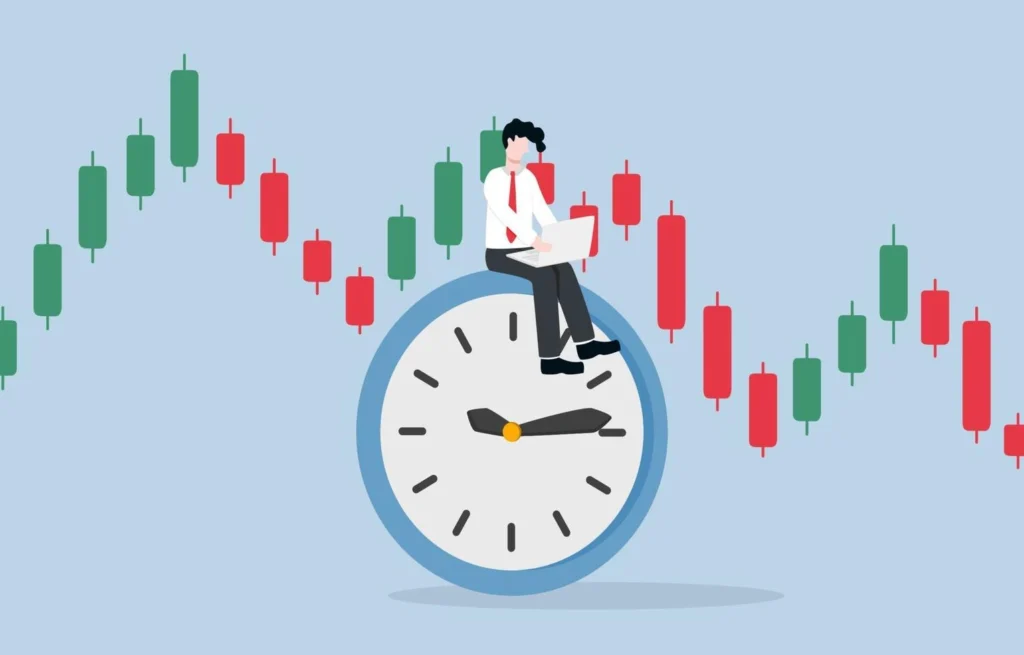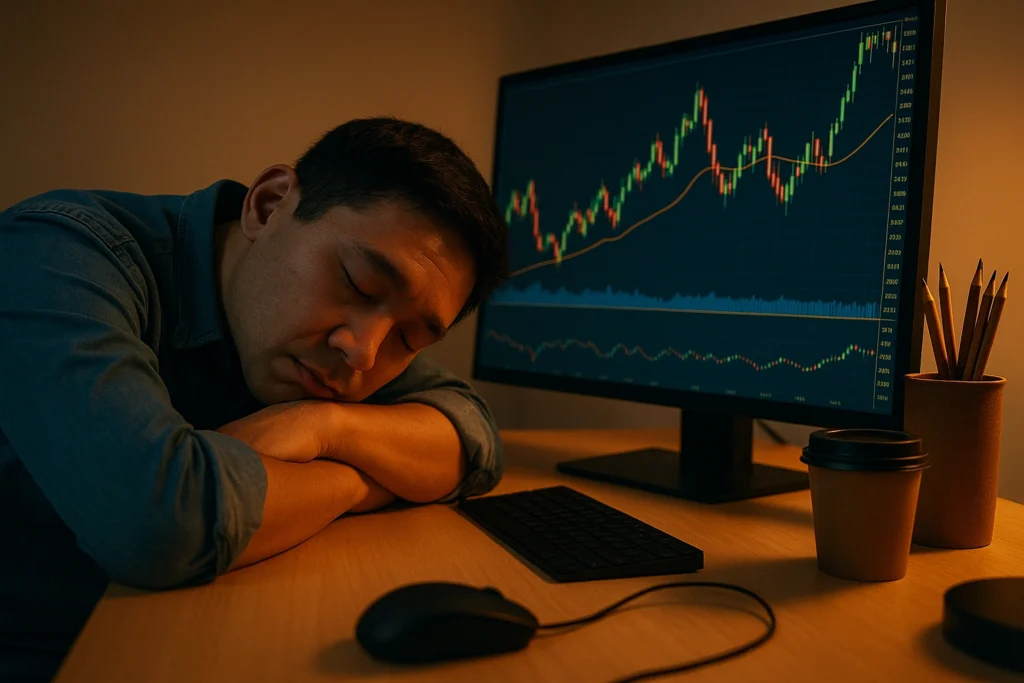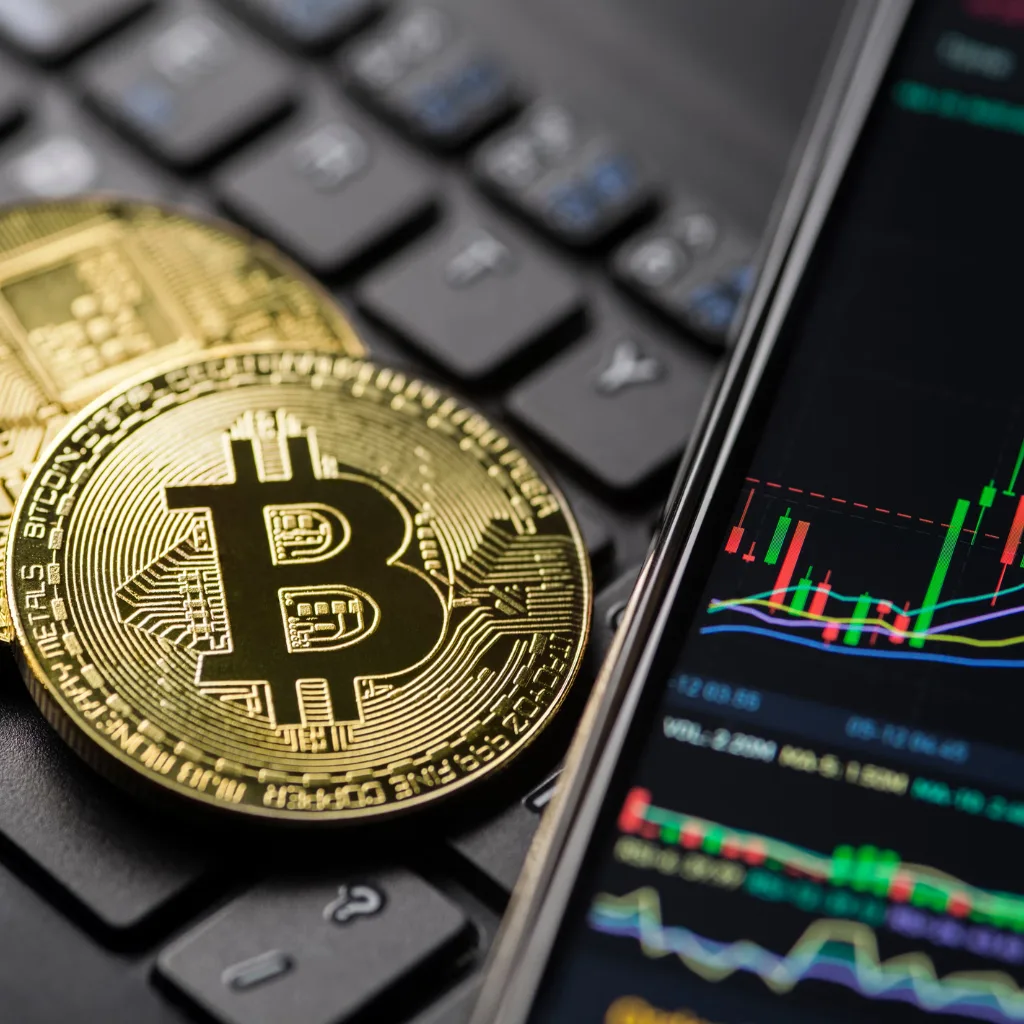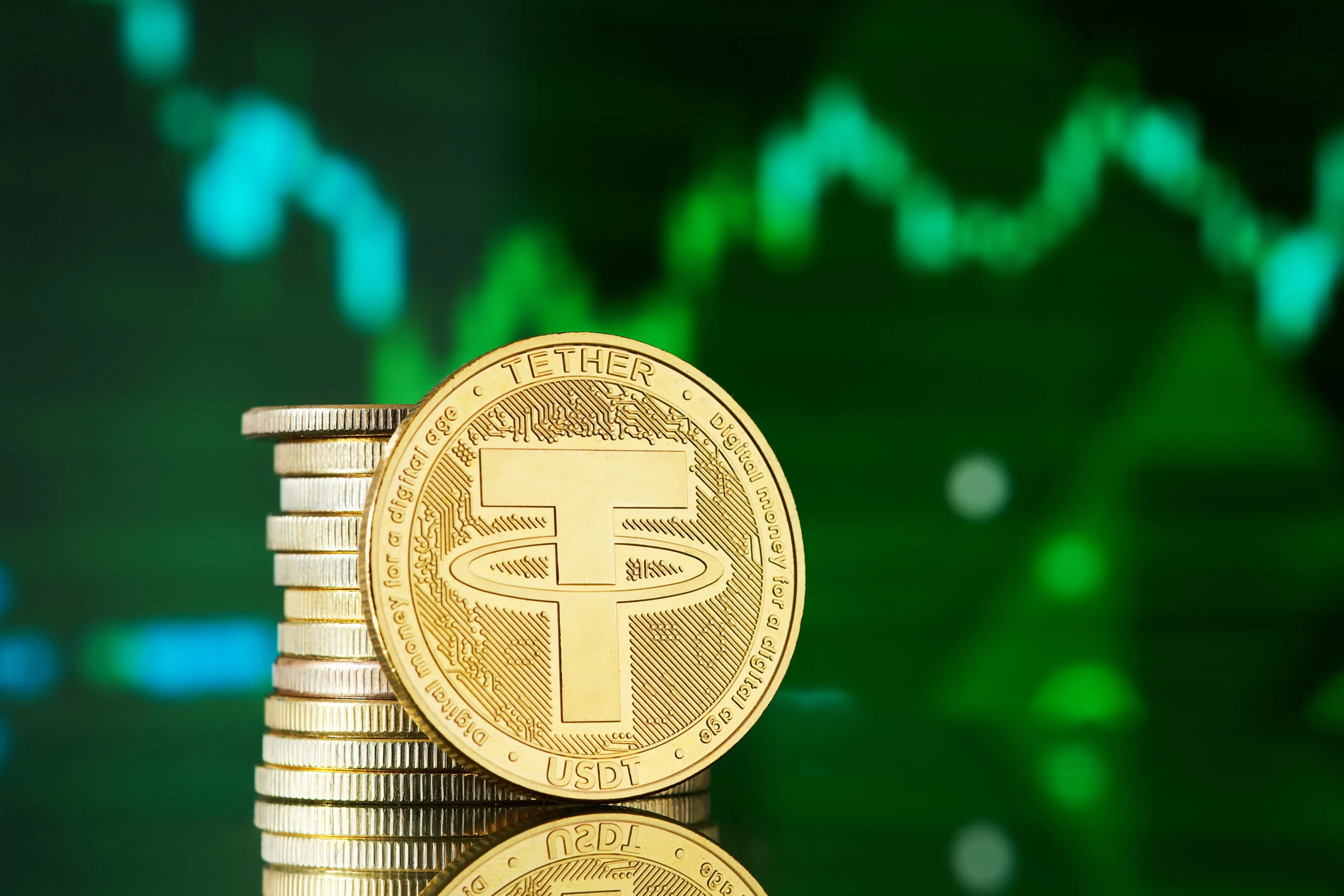Think Crypto Trading Time Doesn’t Matter? Here Are 5 Reasons It Absolutely Does
Crypto markets may run 24/7, but crypto trading time can still make or break your strategy. The idea of nonstop markets sounds liberating—but not all hours are created equal. Whether you’re trading Bitcoin or altcoins, ignoring timing could mean missing opportunities… or walking into traps.
Here’s a breakdown of five major reasons timing still counts.

1. Liquidity Changes Drastically by Time Zone
Crypto trading time influences how deep the market is at any moment. When the U.S. and Europe overlap—usually around 1–4 p.m. UTC—volume surges. Spreads tighten, orders fill faster, and prices react quickly. It’s prime time for active trading.
But head into early Asia hours or late weekends? Volume drops, slippage increases, and your order might sit in limbo. That’s not just inconvenient—it could be costly.

2. Volatility Tends to Cluster Around Specific Hours
Certain times of day are statistically more volatile in crypto. That’s not by accident—it’s tied to trading activity. For example, BTC often sees sharp moves around the New York open. Same goes for Ethereum during late U.S. hours, when news events or macro data hit.
If you’re trading without understanding these volatility windows, you might wonder why your stop-loss keeps triggering—or why that breakout suddenly reversed.


3. Strategy Success Can Depend on the Clock
Let’s be clear: crypto trading time doesn’t just affect the market—it defines the success of time-sensitive strategies. Scalping during low-liquidity hours? Risky. Arbitrage between exchanges? Timing is everything.
Some traders even code bots to run only during certain time blocks. Why? Because they know the hours when patterns hold up… and when they fall apart.

4. Global Events Hit Different Markets at Different Times
News moves markets—but how that news hits depends on crypto trading time. A major regulatory headline from Asia might crash markets at 2 a.m. UTC. But if you’re asleep in the U.S., you’re waking up to a 7% dump with no chance to react.
Understanding time zones isn’t just a geography lesson—it’s a survival skill in this market.

5. Crypto Trading Time: Your Personal Rhythm Affects Your Trading Quality
We often forget the human factor. But trading while tired or distracted often leads to bad decisions. Just because the market is open doesn’t mean you’re always mentally ready.
Whether you’re based in Singapore or San Francisco, your personal schedule affects focus, risk tolerance, and reaction time. Sometimes the best “timing” is knowing when not to trade at all.
Final Thoughts: Don’t Let 24/7 Fool You—Crypto Trading Time Still Counts
Crypto trading time may not seem like a big deal at first. But as you dive deeper, it becomes clear: time is a core part of any serious trading strategy. From liquidity and volatility to news impact and personal performance, the clock never stops—but it definitely shifts.
So don’t just look at price charts—look at the time.
Relevant news: here




